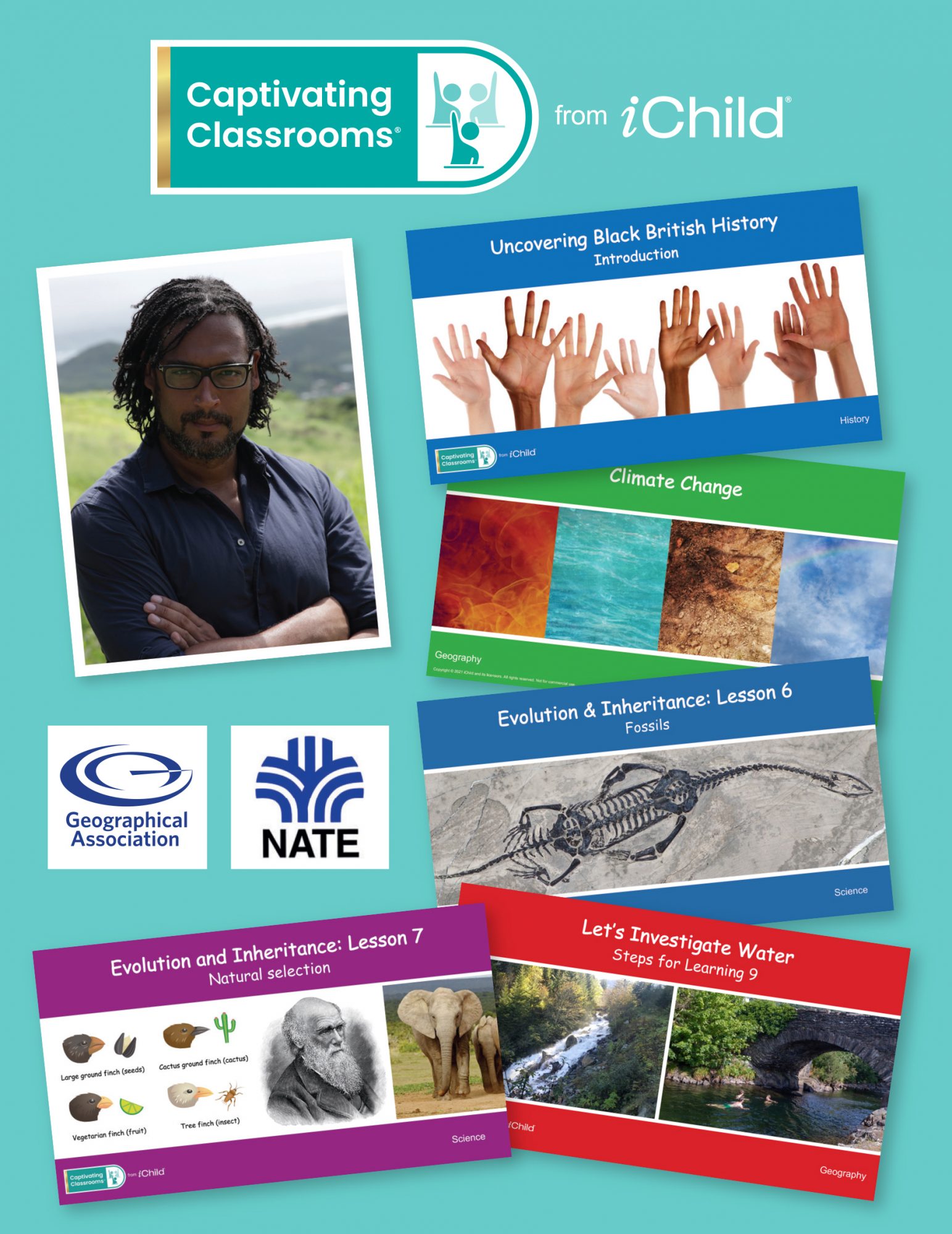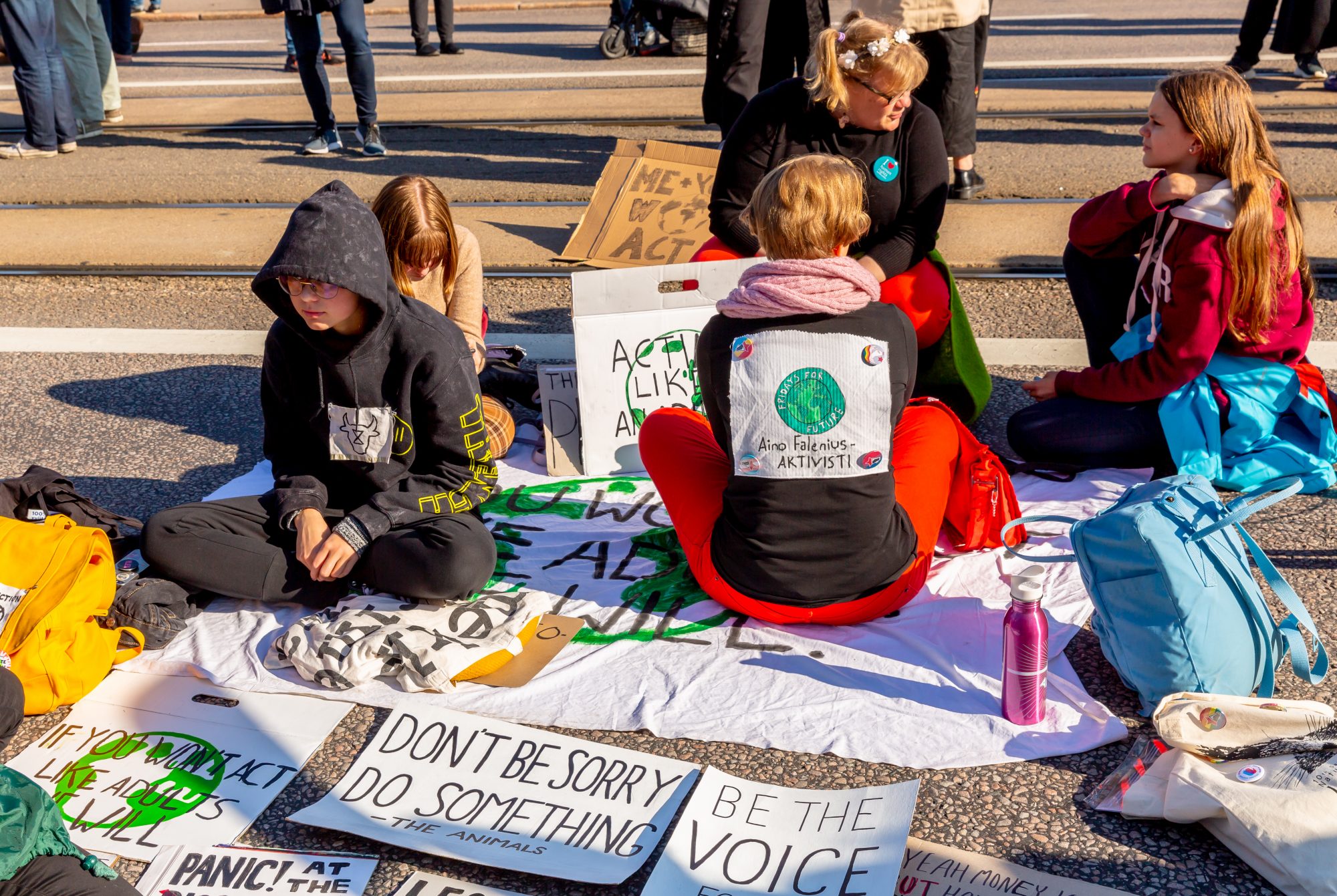Climate change anxiety in children is at an all-time high – what can teachers and schools do to combat this epidemic?
Climate change has increasingly dominated the headlines, from the wildfires in the UK to floods in Pakistan, and earthquakes in China to Southern U.S. tornadoes.
With so much interest and anxiety being voiced around climate change, it’s to be expected that children are curious about what it means for them, and what they can do to improve the situation.
Young activists such as Greta Thunberg are not afraid to put pressure on governments and industry to do better, and this has inspired many other young people to get involved.
69% of teachers think there should be more teaching in UK schools about climate change
What is climate change anxiety?
Someone experiencing climate change anxiety, also known as climate anxiety, may feel worried, nervous, or scared of the consequences of climate change, and what the future holds for our planet.
It is part of the broader phenomenon of eco-anxiety and can be stressful and even debilitating for both adults and children.
How can schools support children?
So, with a clear appetite for learning more from young people – where do schools come in? And how do they support young people’s interest without making them fear the worst?
Research from Oxfam found that 69% of teachers think there should be more teaching in UK schools about climate change. Many, however, don’t know where to start.
As an organisation that produces high-quality teaching resources, teachers have indicated to us at iChild the issues around the lack of engaging resources to support their teaching in topics such as climate change.
Given the sensitivities and potential catastrophising that could happen – teaching this in the right way is more important than ever. The key to balancing information without causing too much alarm is to keep the content Key Stage appropriate and to focus on the practical steps young people can take themselves.
Children within any given class will differ in their level of awareness around climate change. It’s important that, as we educate the next generation on this topic, we empower them by sharing small things they can do in their day-to-day lives, no matter their lifestyle, to tackle climate change.

Reduce, Reuse, Recycle, Repair, Refuse, Rethink
A good starting point is to get children thinking about the things they can do to help protect the planet: Reduce, Reuse, Recycle, Repair, Refuse, Rethink. It’s important that children know they have a voice and can make choices about the everyday actions they take.
An engaging and thought-provoking activity to support this is for the children to create Carbon Footprint posters. Children can draw around their foot or paint their foot onto a poster and collectively add ideas on small actions they can implement daily to reduce their footprint. These posters can be hung in the classroom or taken home to hang on the fridge as a daily reminder.
How can we get children to think more globally?
How about transporting the children to the other side of the world to see how others are affected by climate change? From the comfort of your classroom, of course!
The Maldives is at the centre of the climate crisis, facing an existential threat from the actions of the world’s most developed nations.
‘The world needs to hear the voices of island nations, where communities are dealing with a Climate Crisis they had little part in causing’
UN High Representative, Courtenay Rattray, said at COP 26: “The world needs to hear the voices of island nations, where communities are dealing with a Climate Crisis they had little part in causing”.
Children can see the effects of climate change from a new perspective and see the positive changes that children on the other side of the globe are making.
For teachers looking for more ideas to cover complex topics, such as climate change or Black British History, in a Key Stage appropriate style, iChild has launched their Captivating Classrooms resources. Captivating Classrooms are exclusive teaching resources designed to be easy to use, save teachers time, enhance classroom engagement and support schools to implement a rich and diverse curriculum.
Topics covered include Black British History, Geography (including Climate change) and Science (including Evolution and Inheritance). These important resources were developed in partnership with Geographical Association, National Association for the Teaching of English, Professor David Olusoga and award-winning children’s author, Dr Mandy Hartley.
For more information on Captivating Classrooms, and to find out how your school can access them, visit: www.ichild.co.uk/captivating-classrooms











